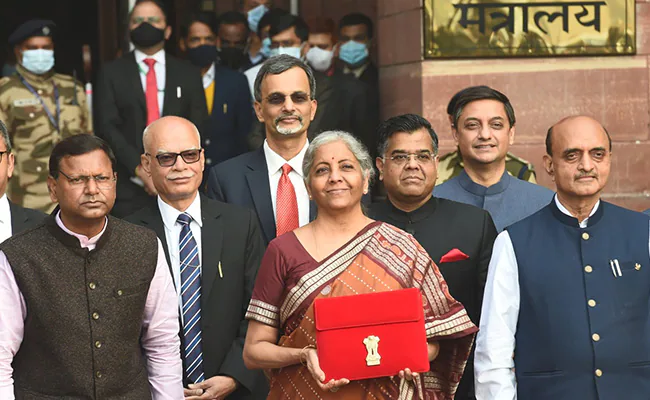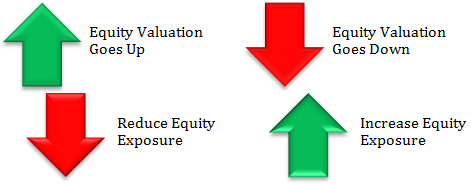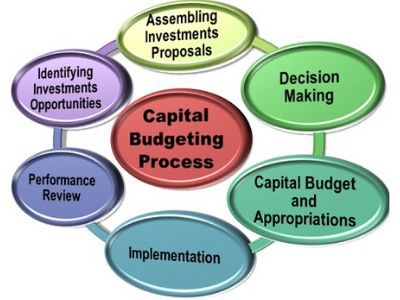
Table of Contents
Balanced Budget
What is a Balanced Budget?
In the budgeting process of financial planning, a balanced budget turns out to be such a situation when the total revenue is equal to or greater than the total expense. A budget can be regarded as balance after a year’s revenues and expenses have been recorded and incurred.

Furthermore, the operating budget of a company for the upcoming year can also be regarded as balanced on the Basis of estimates or predictions.
Importance of Balanced Budget
This term is majorly used while referring to official government budgets. For instance, the government can issue a press release to state that there is a balanced budget for the coming Fiscal Year.
Often, the budget surplus is one term that is used in combination with a balanced budget. Typically, a budget surplus occurs when revenues are more than the expenses, and the amount of surplus defines the difference between these two.
Talk to our investment specialist
In the business domain, a company always has a choice to reinvest the surplus, pay them to employees as bonuses or distribute the same to shareholders. As far as the government’s arsenal is concerned, a budget surplus takes place when revenues acquired from Taxes in a calendar year is more than the expenditure of the government.
On the contrary, a budget deficit is a result when expenses are more than the revenues. Invariably, the situation of a budget deficit increases debt for the company or the government.
Pros and Cons of a Balanced Budget
Supporters of the balanced budget situation argue that budget deficit burdens the future generation with unsustainable debt. Eventually, taxes get a raise or the artificial supply of money increases; thus, devaluing the currency.
On the other hand, there are such economists that feel budget deficits provide an essential purpose. Deficit spending describes a primary strategy to fight recessions. During the time of economic contraction, when demand falls, it leads to the decline of Gross Domestic Product (GDP). Furthermore, since unemployment increases during the time of Recession, the income tax revenue of the government also falls.
Therefore, to balance the budget, governments are compelled to cut spending to match the receipts of lower tax. This decreases demand and wears GDP even further. This pushes the Economy in a more dangerous dungeon.
Hence, here, deficit spending stimulates the lagging economy by putting in the much-required Capital funding.
All efforts have been made to ensure the information provided here is accurate. However, no guarantees are made regarding correctness of data. Please verify with scheme information document before making any investment.












